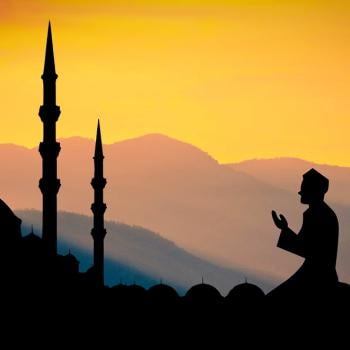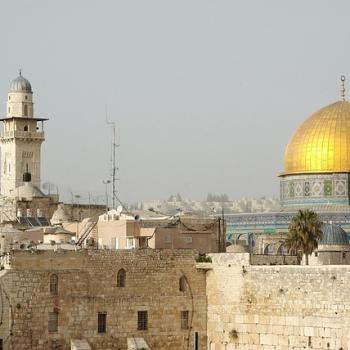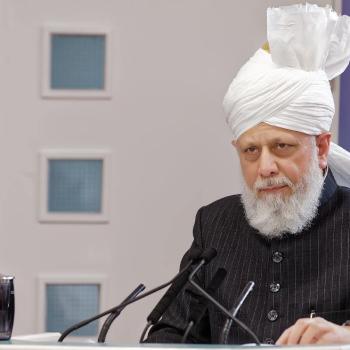By
Saima Shiekh
Thursday, June 18, 2015 marks the start of the holy month of Ramadan. Today, Muslims all over the world are observing the fast during Ramadan but fasting is not invented by Muslims but is an age old tradition observed by other religions as well.
Fasting is mentioned in the Bible, the Old Testament and the New Testament as well as Mahabhatara (Hindu Holy Book). In Judaism, fasting is observed in several annual days, primarily on days of penitence (such as Yom Kippur, the Day of Atonement) or mourning. Fasting for Jews means completely abstaining from food and drink, including water.
In Christianity, especially Roman Catholicism and Eastern Orthodoxy, used to observe a 40-day fast during Lent, a spring period of penitence before Easter, and during Advent, a penitential period before Christmas. Among Roman Catholics the observance has been modified with mandatory fasting only on Ash Wednesday and Good Friday during Lent.
In Hinduism fasting can be observed on certain days of the week or the month such as Purnima (full moon) and Ekadasi (11th day of the fortnight). Fasting at festival is common on days like Navaratri, Shivratri & Karwa Chauth. A common fasting ritual may mean avoidance of foods like fish and meat for a couple of days (for non-vegetarians). Most Hindus abstain from eating such foods for one or more day. Some follow a strict fasting ritual by taking only water or avoiding any liquids for a set number of days. The Karva Chauth ritual among women is the best example of such kind of fasting.
As is evident, fasting is prescribed in most world religions. In Islam, the ordinances relating to the fast are clearly stated and defined. Ramadan is the ninth month of the Islamic lunar calendar. It is a month of rejuvenation and cleansing. The true purpose of Ramadan, like all forms of Islamic worship is to draw people closer to God of Allah.
The worldwide spiritual leader of the Ahmadiyya Muslim Community, Khalifa of Islam, His Holiness Mirza Masroor Ahmad,said in his Friday Sermon on October 7, 2005,“Fasting during Ramadan requires one to avoid all ills, to bear enemy’s oppression with steadfastness, to give up what is otherwise permissible, only for the sake of Allah. Ramadan is a month of fraternal bonds; each person should forgive the other for the sake of Allah and in light of earning the 70-fold reward during Ramadan we would traverse great heights in seeking Allah’s nearness.”
Muslims intensify their worship, self-reformation and charitable donations during this month. The Quran states: “O ye who believe! fasting is prescribed for you, as it was prescribed for those before you, so that you may become righteous The prescribed fasting is for a fixed number of days, but whoso among you is sick or is on a journey shall fast the same number of other days; and for those who are able to fast only with great difficulty is an expiation — the feeding of a poor man. And whoso performs a good work with willing obedience, it is better for him. And fasting is good for you, if you only knew.” (2: 184-185)
It is evident from the above Quranic verse that not everyone is required to fast. Fasting is obligated on adults not children. Women who are on their menstrual cycle, pregnant or nursing are not required to observe fast during this time. They, however can makeup those days after the month of Ramadan is over. Similarly, those on a journey are not required to fast, but they must make up the missed days at a later time during the year.
Muslims fast from dawn till dusk. We get up in the pre dawn hours to pray and then we have a light breakfast before starting the fast. Just as in Judaism, fasting for Muslims means completely abstaining from food and drink, including water.The breaking of the fast after sunset should not be made an occasion for gorging oneself with food and drink.
Similar to Judaism, Christianity, and Hinduism where the end of fasting is marked by Yom Kippur, Easter and other Hindu festivals; the end of Ramadan is marked by Eid-ul-Fitr. It is a celebratory day for Muslims. We gather in the Mosque to pray and greet family and friends. We spend the day visiting family and friends and exchange gifts.
The basic teaching in all religions is to develop a relationship with God and fasting is one way of achieving it because when we fast, we are telling God that we appreciate the bounties that he has provided for us like water and food and we also learn what it is like to live without food. This way we can become more compassionate towards our fellow human beings who might not enjoy the basic necessities of life. Ramadan Mubarak!
Follow Saima on twitter at @SaimaGSheikh












